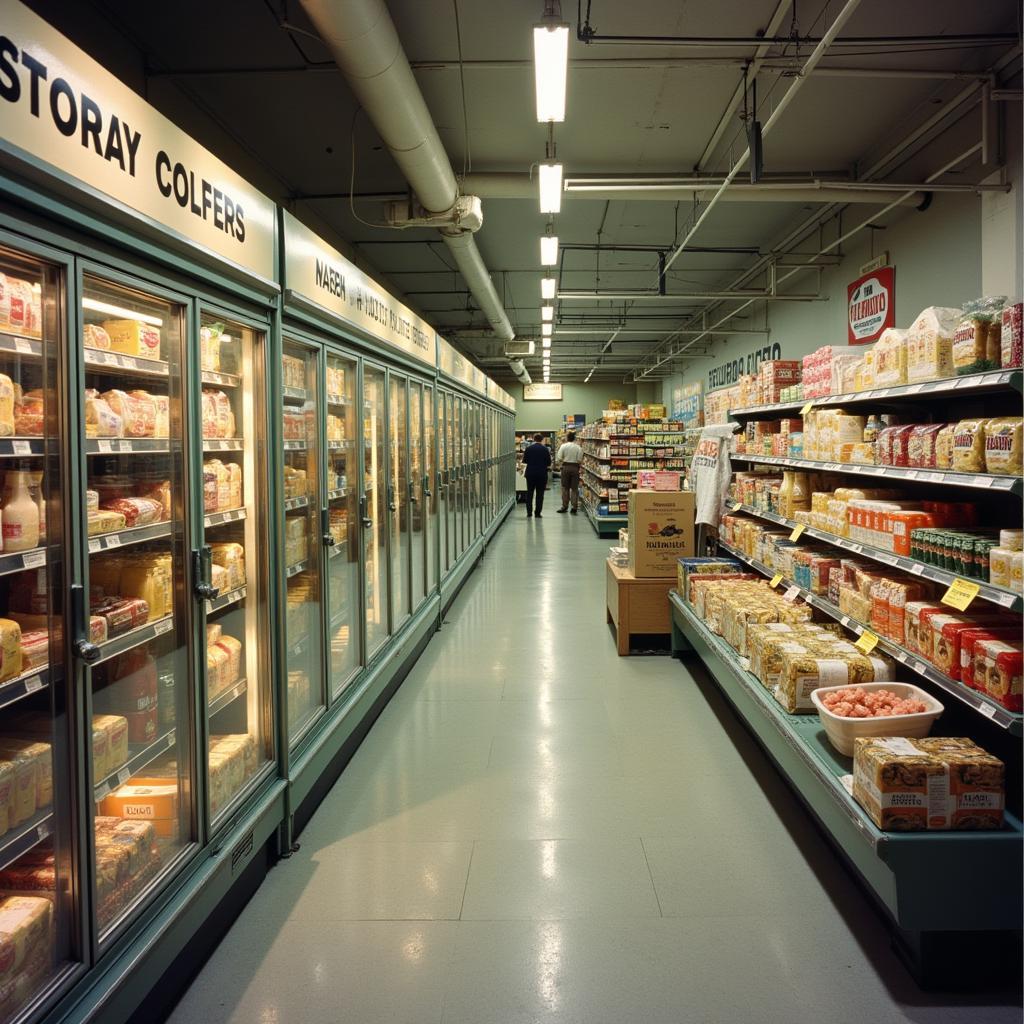The advent of the refrigerator in the 20th century marked a dramatic shift in societal norms and daily life. Beyond simply a means of keeping food cold, the refrigerator revolutionized how we eat, shop, and even interact with the world around us.
A New Era of Food Preservation
Before refrigeration became commonplace, preserving food was a laborious and often unreliable process. Techniques like salting, pickling, and canning were essential for preventing spoilage, but these methods often altered the taste and texture of food. The refrigerator provided a simple and effective solution, allowing families to store perishable foods for longer periods with minimal impact on their quality.
Transforming Culinary Habits
The ability to store fresh ingredients for extended periods led to a significant shift in culinary habits. No longer limited by the constraints of preservation techniques, people could enjoy a wider variety of fresh fruits, vegetables, and dairy products year-round. This newfound access to diverse ingredients fostered culinary creativity and expanded palates globally.
 Refrigeration and the Evolution of Grocery Shopping
Refrigeration and the Evolution of Grocery Shopping
Reshaping the Retail Landscape
The refrigerator’s influence extended far beyond the home, profoundly impacting the retail landscape. Supermarkets, once small shops selling primarily non-perishable goods, transformed into expansive spaces offering a diverse selection of refrigerated and frozen foods. This shift revolutionized the consumer experience, providing greater convenience and variety.
The Rise of the Frozen Food Industry
The development of the refrigerator went hand-in-hand with the rise of the frozen food industry. Frozen foods offered unprecedented convenience, allowing individuals and families to easily store and prepare meals. This innovation proved particularly significant for working families and those living in urban areas with limited access to fresh food.
Health and Safety Implications
Refrigeration significantly improved public health and safety by reducing the risk of foodborne illnesses. The ability to store food at low temperatures inhibits the growth of harmful bacteria, drastically reducing the likelihood of spoilage and food poisoning. This advancement led to a significant decline in foodborne illnesses, improving overall public health.
 The Refrigerator as a Cornerstone of the Modern Kitchen
The Refrigerator as a Cornerstone of the Modern Kitchen
A Lasting Legacy
The refrigerator’s impact on society is undeniable. From revolutionizing food preservation and transforming culinary habits to reshaping the retail landscape and improving public health, this invention has left an indelible mark on our world. As technology continues to advance, it is likely that the refrigerator, in its various forms, will continue to play a pivotal role in shaping our relationship with food and influencing the evolution of society.